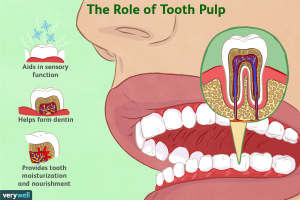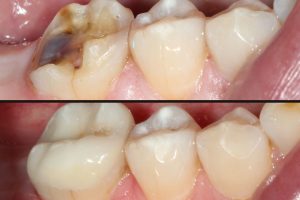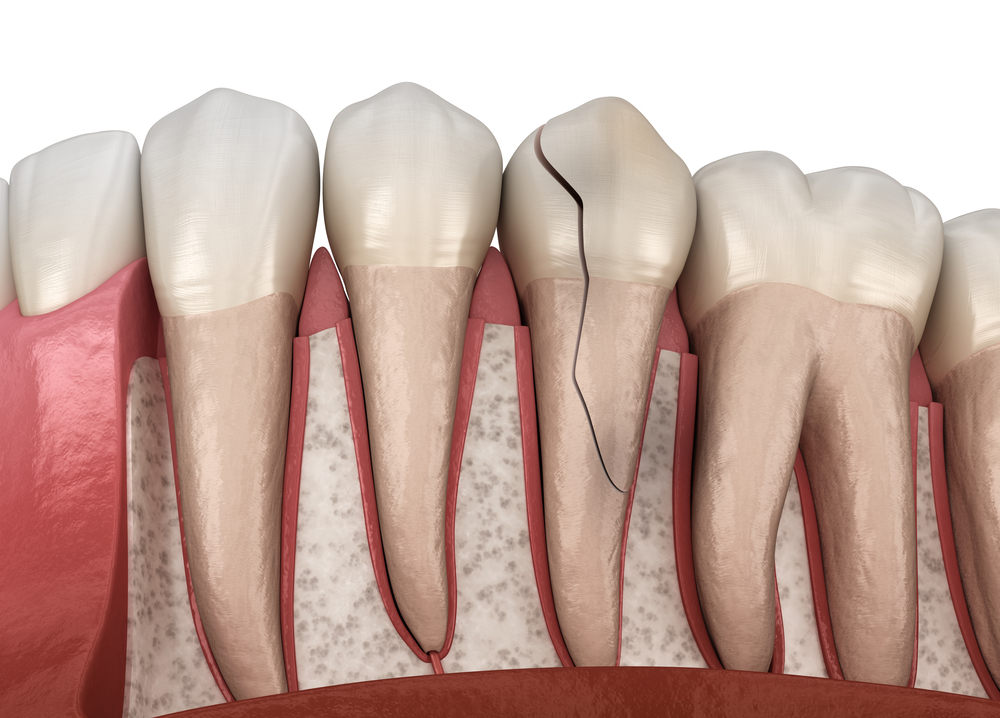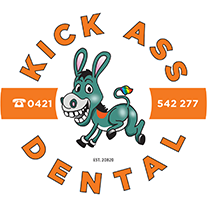Can a Tooth Nerve Heal on Its Own?
Understanding Tooth Nerves
A tooth nerve, also known as the dental pulp, is a vital part of the tooth’s structure. It resides in the center of the tooth and consists of blood vessels, connective tissues, and nerve fibers. The primary function of the tooth nerve is to provide sensory feedback, such as temperature and pain sensations, to the brain.
When a tooth nerve becomes damaged or infected due to decay, trauma, or other factors, it can cause severe discomfort and pain. Many people wonder whether a tooth nerve can heal on its own, eliminating the need for dental intervention. Let’s explore this topic in more detail.
The Healing Potential of Tooth Nerves
Unfortunately, once a tooth nerve is damaged or infected, it cannot heal itself completely. Unlike other tissues in the body, tooth nerves lack the regenerative capacity to repair and restore themselves. Therefore, if you have a damaged or infected tooth nerve, it is essential to seek dental treatment to prevent further complications.
Root Canal Treatment: The Solution
The most common dental procedure used to treat a damaged or infected tooth nerve is root canal treatment. This procedure involves removing the infected dental pulp, cleaning the root canals, and filling them with a biocompatible material. Afterward, a crown or filling is placed on the tooth to restore its structure and function.
Root canal treatment not only eliminates the source of pain and discomfort but also saves the natural tooth from extraction. It allows you to maintain a healthy smile and continue to use your tooth for biting and chewing. Additionally, root canal treatment prevents the spread of infection to neighboring teeth and protects your overall oral health.

The Importance of Timely Treatment
Although tooth nerves cannot heal on their own, delaying or avoiding treatment can lead to further complications. An infected tooth can result in an abscess, a pocket of pus that forms at the root of the tooth. Abscesses can cause severe pain, swelling, and even systemic infections if left untreated. For a dental practice in croydon park read on.
Furthermore, the infection can spread to the surrounding bone and tissues, leading to the deterioration of the jawbone. In advanced cases, this may result in tooth loss and the need for more extensive dental procedures such as dental implants or bridges.
Seeking Professional Dental Care
When you experience persistent tooth pain or suspect damage to a tooth nerve, it is crucial to schedule an appointment with your dentist promptly. A dental professional will conduct a thorough examination, which may include X-rays, to assess the condition of your tooth and nerve.
Based on the evaluation, your dentist will recommend the most appropriate treatment, which may involve root canal therapy or other interventions. Remember that early intervention can help preserve your natural tooth and prevent the need for more invasive and costly procedures down the line.
Preventing Tooth Nerve Damage
Prevention is always better than cure, and taking care of your oral health can help reduce the risk of tooth nerve damage. Here are some essential preventive measures:
Maintain Good Oral Hygiene
Brush your teeth at least twice a day with a fluoride toothpaste and floss daily to remove plaque and bacteria that can lead to tooth decay and infection. Regular dental check-ups and professional cleanings are also essential for maintaining optimal oral health.
Protect Your Teeth
If you participate in sports or activities that pose a risk of dental trauma, wear a mouthguard to protect your teeth from injury. Avoid using your teeth as tools for opening packages or biting hard objects, as this can lead to cracks or fractures.

Address Dental Issues Promptly
If you notice any signs of tooth decay, such as sensitivity or discoloration, or experience tooth pain or discomfort, seek dental care immediately. Early intervention can prevent the progression of dental problems and reduce the likelihood of tooth nerve damage.
Conclusion
In summary, a tooth nerve cannot heal on its own once it is damaged or infected. Seeking timely dental treatment, such as root canal therapy, is crucial to alleviate pain, preserve the natural tooth, and prevent further complications. Taking preventive measures and maintaining good oral hygiene can help reduce the risk of tooth nerve damage. Remember, your dentist is your partner in maintaining optimal oral health, so schedule regular check-ups and address any dental issues promptly.
By understanding the limitations of tooth nerve healing and taking proactive steps, you can maintain a healthy smile for years to come.





